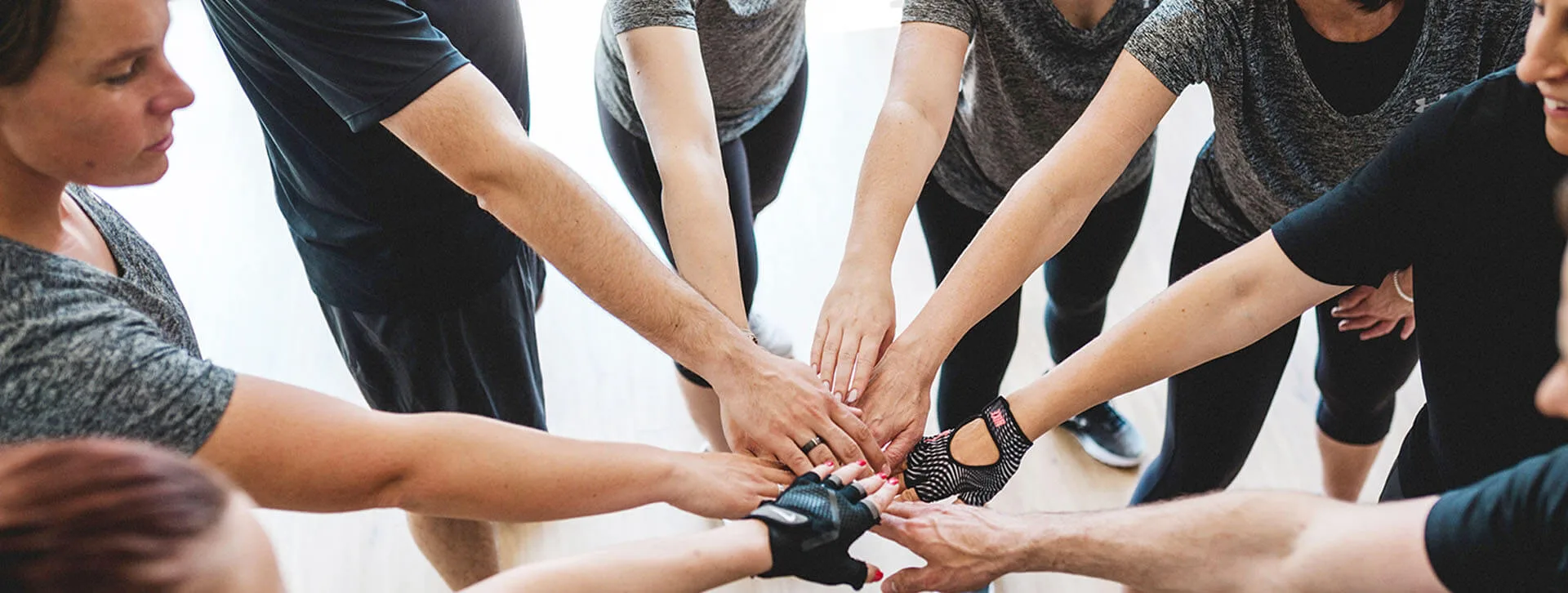Creatine: Myths, Benefits, and Latest Insights
Creatine is not exactly on everyone’s lips, but every person who starts strength training will at some point ask themselves the question: “Should I take creatine?” Especially in the context of strength training and bodybuilding, you might have heard this. The latest research, in fact, not only shows positive results in terms of muscle building and strength, but also in terms of brain performance. Read all about creatine here. By Emanuele Melis
What is Creatine?
Creatine is a naturally occurring compound found in muscle cells. It helps produce energy during high-intensity exercise or heavy lifting. Chemically known as methyl guanidino acetic acid, creatine is synthesized from the amino acids glycine, arginine, and methionine in the liver, kidneys, and pancreas. About 95% of the body’s creatine is stored in muscles, with the remaining 5% distributed in the brain, kidneys, and liver. By Emanuele Melis.
Functions of Creatine
Creatine plays a crucial role in energy production. During short, intense bursts of activity, creatine phosphate in muscles donates a phosphate group to ADP to regenerate ATP, the primary energy carrier in cells. This process, known as the phosphagen system, supports activities such as sprinting, weightlifting, and other high-intensity, short-duration exercises.
A Historical Perspective
Historically, creatine was discovered in 1832 by the French scientist Michel Eugène Chevreul. Its use in sports began to rise in the 1990s, coinciding with increased research into its benefits. Despite its effectiveness, creatine faced scrutiny and was once banned by various sports organizations due to misconceptions about its safety and potential for performance enhancement. Over time, extensive research has debunked many myths, leading to its acceptance and widespread use today.
Debunking CREATINE Myths
Myth 1: Creatine Causes Hair Loss
One persistent myth is that creatine causes hair loss. This belief originated from a study suggesting that creatine supplementation increased levels of dihydrotestosterone (DHT), a hormone linked to hair loss. However, subsequent research has not consistently supported this finding. Dr. Antonio clarifies, “There is no conclusive evidence linking creatine to hair loss.”
Myth 2: Creatine Leads to Weight Gain
Another common misconception is that creatine causes weight gain. While creatine can lead to an initial increase in water retention in muscles, this is temporary and not indicative of fat gain. The weight gain from creatine is primarily due to increased muscle mass and water retention within the muscles, which is beneficial for performance and recovery.
New Research: Beyond Muscle
Recent studies have explored the potential cognitive benefits of creatine. Research indicates that creatine supplementation may enhance memory and cognitive function, particularly in tasks requiring quick thinking and recall. A study published in “Psychopharmacology” found that creatine improved memory and cognitive performance in healthy young adults.
Additionally, emerging evidence suggests that creatine may positively impact sleep quality. A study in the “Journal of Sleep Research” reported that creatine supplementation helped reduce the effects of sleep deprivation on cognitive performance and mood, indicating a potential role in managing sleep-related issues.
Creatine for All Ages
Creatine is not just for young athletes. Research indicates that older adults can also benefit from supplementation. Creatine can help counteract age-related muscle loss (sarcopenia), improve strength, and enhance overall functional capacity. A study in the “Journal of the International Society of Sports Nutrition” demonstrated that creatine supplementation combined with resistance training significantly improved muscle mass and strength in older adults.
Safety and Risks
Creatine is one of the most studied supplements and has a strong safety profile. Common concerns such as kidney damage have been largely debunked. According to Dr. Kreider, “Long-term studies have shown that creatine supplementation does not adversely affect kidney function in healthy individuals.” However, individuals with pre-existing kidney conditions should consult a healthcare provider before starting supplementation.
CREATINe Dosage and Timing
The optimal dosage of creatine is often debated. A common approach is a “loading phase”, where individuals take 20 grams of creatine daily for 5-7 days, followed by a maintenance dose of 3-5 grams daily. Alternatively, some may opt for a continuous daily dose of 3-5 grams without a loading phase. Research suggests that both methods are effective, though the loading phase can lead to quicker saturation of muscle creatine stores. However, the loading phase is not essential if you are going to take Creatine for long time.
Timing of creatine intake can also vary. Some studies suggest that taking creatine post-workout may be more beneficial for muscle growth and recovery, while others indicate that pre-workout supplementation is equally effective. Ultimately, consistent daily intake is the most crucial factor.
Conclusion
Creatine remains a cornerstone supplement in sports nutrition, with extensive research supporting its safety and efficacy. From enhancing athletic performance to potential cognitive benefits, creatine offers a wide range of advantages. Despite lingering myths, the scientific consensus affirms that creatine is a valuable supplement for various populations, including older adults. By understanding the facts and following recommended guidelines for dosage and timing, individuals can safely and effectively incorporate creatine into their fitness and health regimen.
Would you like professional and, above all, everyday advice on lifestyle and nutrition? Then you’ve come to the right place. The personal trainers at Personalworkout will help you to finally achieve your goal with a guarantee of success.
References
- Kreider, R. B., et al. “International Society of Sports Nutrition position stand: Safety and efficacy of creatine supplementation in exercise, sport, and medicine.” Journal of the International Society of Sports Nutrition, 2017.
- Candow, D. G., & Chilibeck, P. D. ” Creatine O’Clock: Does Timing of Ingestion Really Influence Muscle Mass and Performance?” Frontiers, 2022.
- Antonio, J., et al. “Essentials of creatine in sports and health.” Springer, 2019.
- Candow, D. G.et al. ” Effectiveness of Creatine Supplementation on Aging Muscle and Bone: Focus on Falls Prevention and Inflammation”, 2019.
- Rae, C., et al. “Oral creatine monohydrate supplementation improves brain performance: a double-blind, placebo-controlled, cross-over trial.” Psychopharmacology, 2003.
- Ali Gordji-Nejad, et al. ” Single dose creatine improves cognitive performance and induces changes in cerebral high energy phosphates during sleep deprivation”, 2024.
- Chilibeck, P. D., et al. “Effect of creatine supplementation during resistance training on lean tissue mass and muscular strength in older adults: a meta-analysis.” Journal of the International Society of Sports Nutrition, 2017.
- Powers, M. E., et al. “Creatine supplementation increases total body water without altering fluid distribution.” Journal of Athletic Training, 2003.
Challenge of the Month
What Clients Say





















